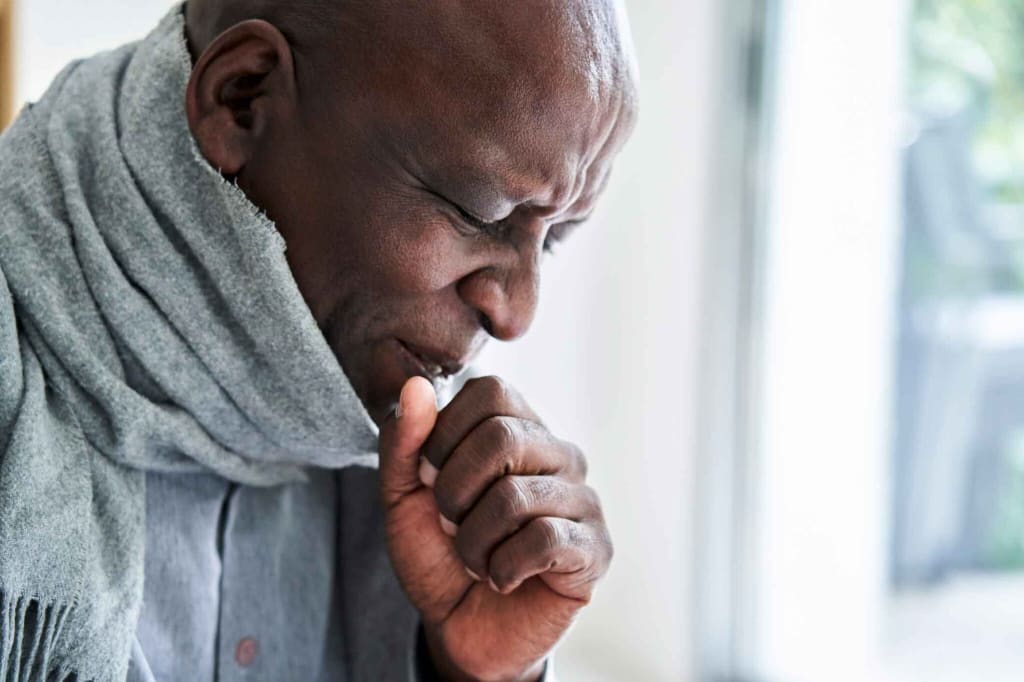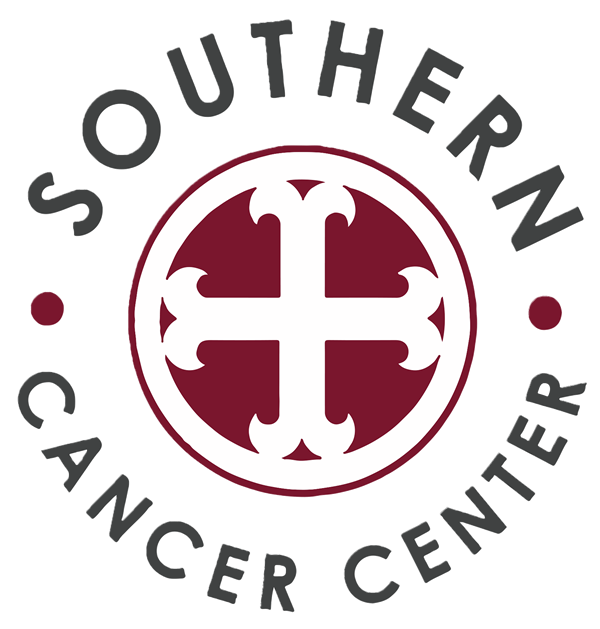
Don’t Ignore that Cough: Recognizing the Signs and Symptoms of Lung Cancer
Lung cancer is the third most common cancer in the United States. Men have a 1 in 16 chance of developing lung cancer in their lifetime, while women have a 1 in 17 risk. Smokers have a higher risk of lung cancer, but non-smokers can also be affected. Knowing and reporting the signs and symptoms of lung cancer increases the chance that your cancer will be diagnosed at an earlier stage when it is easier to treat.
“We’ve seen many effective advances in lung cancer treatment in recent years,” said Dr. Jeffrey George, medical oncologist at Southern Cancer Center. “It’s important to let your doctor know if you have concerns about any symptoms you’re experiencing, so we can begin treating as quickly as possible.”
What Are the Most Common Lung Cancer Symptoms?
Lung cancer symptoms can vary from person to person, and many common early symptoms may be caused by something other than lung cancer. If you are experiencing any of the below symptoms and have concerns, please contact your physician:
- A persistent cough
- Coughing up blood or rust-colored phlegm
- Chest pain that gets worse with deep breaths, coughing, or laughing
- Hoarse throat
- Loss of appetite
- Unexplained weight loss
- Shortness of breath
- Fatigue
- Infections like bronchitis or pneumonia that don’t go away or keep coming back
- Wheezing
Lung cancer that has spread may also cause:
- Bone pain
- Nervous system changes, including headaches, arm or leg numbness, dizziness, balance problems, or seizures
- Jaundice
- Lymph node swelling
What Syndromes Are Caused by Lung Cancer?
Some lung cancers may also trigger syndromes—groups of symptoms that affect other organs in the body. These may include:
- Superior vena cava syndrome: The superior vena cava carries blood from the head and arms to the heart, passing the lungs. Tumors pressing on this vein can cause swelling in the face, neck, arms, and upper chest. Headaches and dizziness may also occur.
- Horner syndrome: Tumors in the upper part of the lungs can affect nerves going to the eye and the face. This can cause drooping in the upper eyelid, a smaller pupil, and reduced sweating on one side of the face.
- Paraneoplastic syndromes: Cancers can produce substances similar to hormones, which enter the bloodstream and cause issues in distant tissues and organs where the cancer has not yet spread. These syndromes include:
- Hypercalcemia (high blood calcium levels)
- Blood clots
- SIADH (syndrome of inappropriate antidiuretic hormone)
- Cushing syndrome
- Excess growth or thickening of certain bones
- Gynecomastia (excess breast growth in men)
- Nervous system problems
Call Southern Cancer Center for More Information on Lung Cancer
If you are diagnosed with lung cancer, the cancer care specialists at Southern Cancer Center can work with you to create the optimal treatment plan for you and your needs. For more information about lung cancer treatment, please call 251-625-6896.
